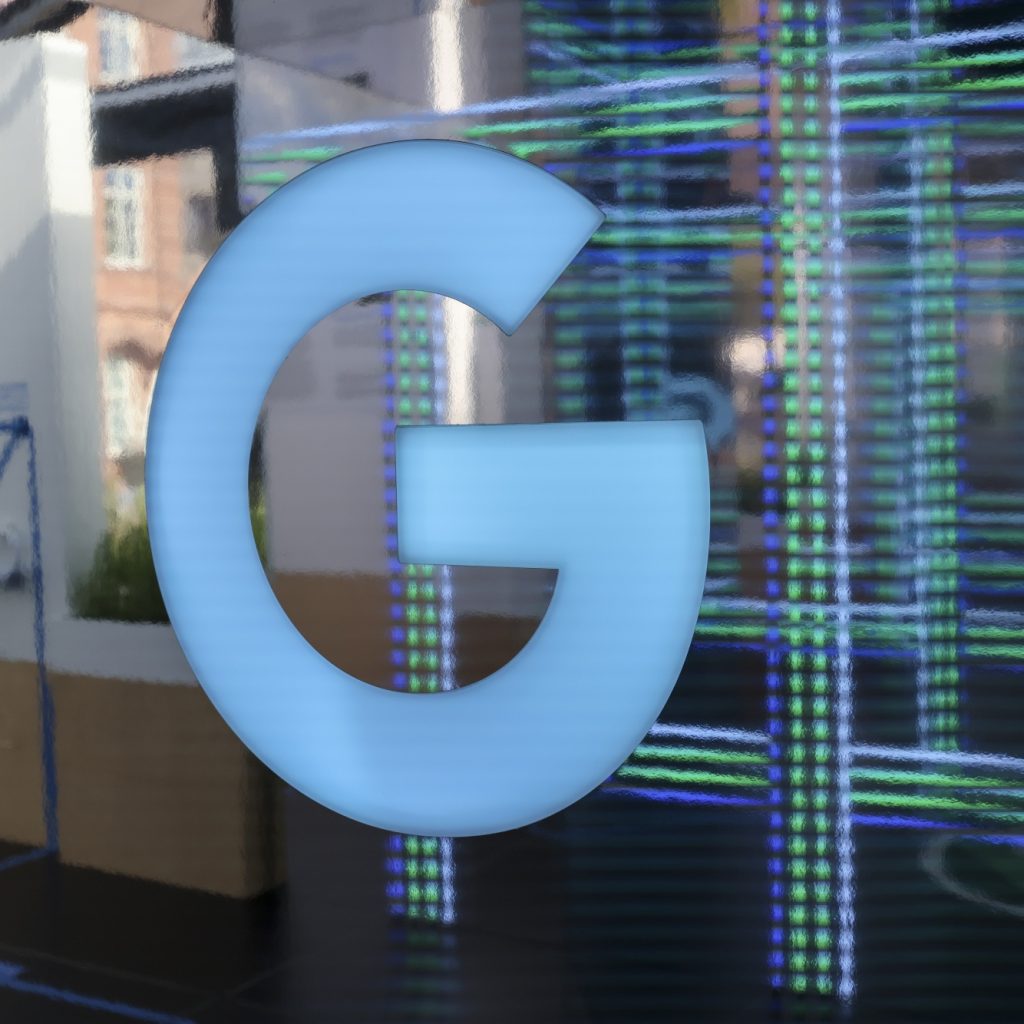In a recent development of considerable significance, the European Union (EU) is contemplating the possibility of participating in an upcoming summit dedicated to Artificial Intelligence (AI) safety aspects. This summit, scheduled for November, is being organized under the auspices of UK Prime Minister Rishi Sunak and aims to bring together key stakeholders, including governmental bodies, tech industry representatives, and academic experts, to deliberate on the rapidly evolving landscape of AI and the associated concerns.
While the precise list of attendees remains shrouded in secrecy, there is speculation surrounding the involvement of key entities, including Vera Jourova, the Vice President of the European Commission, who is reported to have received a formal invitation. Moreover, the summit is anticipated to attract participation from several eminent world leaders, including U.S. Vice President Kamala Harris.
Divergent approaches to AI regulation emerge
An aspect deserving of attention in this context is the distinct approaches to AI regulation evident in the EU and UK policies. The EU is on the brink of introducing a pioneering legislative measure known as the AI Act, which imposes rigorous requirements on organizations utilizing high-risk AI systems. These mandates include meticulous record-keeping of operational activities, comprehensive assessments of potential risks, and the disclosure of select internal data to regulatory authorities. In contrast, the UK government appears inclined toward a more lenient approach to AI regulation.
The EU’s contemplation of involvement in the UK AI safety summit underscores the momentousness of this impending gathering on the global stage. With AI technologies advancing rapidly, governments and policymakers are acutely conscious of the imperative to address the attendant risks and challenges.
Reports suggest that Vera Jourova, the Vice President of the European Commission, has been formally invited to the summit. Her prospective presence at this event would serve as a manifestation of the EU’s commitment to actively shaping the course of future AI safety measures.
The international significance of this summit is undeniable. The decision by the UK government to extend an invitation to China, the world’s second-largest economy, has captured considerable attention. This decision underscores the recognition that deliberations pertaining to AI necessitate the inclusion of major economies to formulate effective frameworks that ensure AI’s net benefit to humanity.
Contrasting approaches to AI regulation
The contrasting approaches to AI regulation adopted by the EU and the UK merit careful consideration. The forthcoming AI Act of the EU imposes stringent obligations on entities employing high-risk AI systems. These obligations encompass scrupulous documentation of operational activities, comprehensive risk evaluations, and the provision of specific internal data to regulatory authorities. This approach highlights the EU’s commitment to meticulous and thorough oversight of AI technologies.
Conversely, the UK government seems to favor a more permissive stance on AI regulation, seeking to foster innovation while maintaining a regulatory oversight framework that may differ from the EU’s approach. The UK aspires to position itself as a global leader in AI regulation, with Prime Minister Sunak underscoring this ambition during London Tech Week.
The international community’s growing interest in AI safety and regulation is palpable. Notably, U.S. President Joe Biden has acknowledged the enormous potential of AI. However, he also emphasizes the need to update the regulatory framework in the United States to effectively address the potential risks associated with AI technologies.





